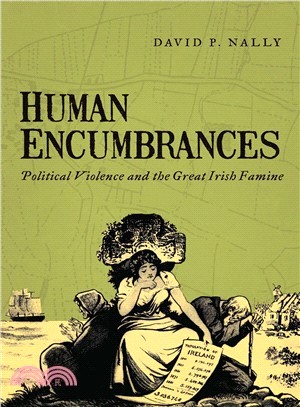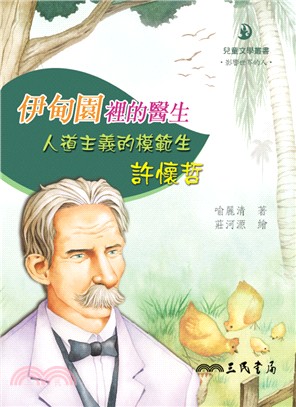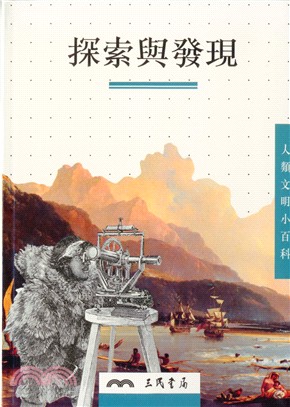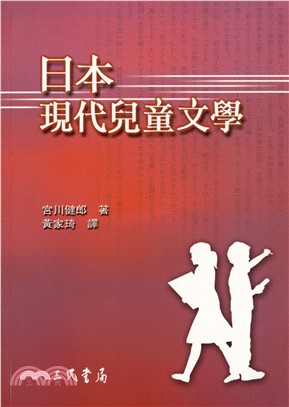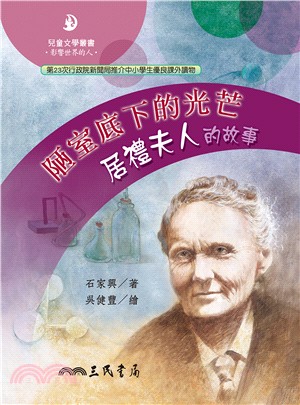商品簡介
The history of the Great Irish Famine has been mired in debate over the level of culpability of the British government. Most scholars reject the extreme nationalist charge of genocide, but beyond that there is little consensus. In Human Encumbrances: Political Violence and the Great Irish Famine, David Nally argues for a nuanced understanding of "famineogenic behavior"--conduct that aids and abets famine--capable of drawing distinctions between the consequences of political indifference and policies that promote reckless conduct.
Human Encumbrances is the first major work to apply the critical perspectives of famine theory and postcolonial studies to the causes and history of the Great Famine. Combining an impressive range of archival sources, including contemporary critiques of British famine policy, Nally argues that land confiscations and plantation schemes paved the way for the reordering of Irish political, social, and economic space. According to Nally, these colonial policies undermined rural livelihoods and made Irish society more vulnerable to catastrophic food crises. he traces how colonial ideologies generated negative evaluations of Irish destitution and attenuated calls to implement traditional anti-famine programs. The government's failure to take action, born out of an indifference to the suffering of the Irish poor, amounted to an avoidable policy of "letting die."
Acts of official wrongdoing, Nally charges, can also be found in the British government's attempt to use the Famine as a lever to accelerate socioeconomic change. Even before the Famine reached its deadly apogee, an array of social commentators believed that Ireland's peasant culture was fundamentally incommensurable with Enlightenment values of human progress. To the economists and public officials who embraced this dehumanizing logic, the potato blight was an instrument of cure that would finally regenerate what was seen to be a diseased body politic. Nally shows how these views arose from a dogmatic insistence on the laws of political economy and an equally firm belief, fostered through centuries of colonial contact, that the Irish were slovenly, improvident, and uncivilized, and therefore in need of external disciplining. In this context, Nally recasts the Great Famine to look less like a natural disaster and more like the consequence of colonial oppression and social engineering.
David P. Nally is University Lecturer and Fellow of Fitzwilliam College at the University of Cambridge, England.
"A landmark and terrifying study of how the Poor Law administration became a bureaucracy of population control in the 1840s. Nally speaks of 'political violence,' but the inescapable conclusions of his research are more extreme: that many British reformers embraced policies designed to starve the poor off the land." --Mike Davis, University of California, Riverside
"A significant?work both for Irish Studies and?for the larger related field of colonial studies, David P. Nally's?Human Encumbrances?has the potential to be the?most important interpretive history of the Famine since Woodham-Smith's?The Great Hunger. One of the sustaining strengths of the book is Nally's insistence on a comparative study of colonialism that sets?the Irish experience in the context of colonial famines and governance. With an exhaustive range of citation from diverse contemporary writings, he shows?the ways in which the mass deaths and clearances of the Famine years and their immediate aftermath were continuous with the ways in which the?Irish?poor were regarded and categorized as a redundant population and transformed?into the objects of governmental forms of management and control." --David Lloyd, University of Southern California
"David Nally has done something quite remarkable. He has breathed life into a subject that is at once of enormous significance--the last great subsistence crisis in the western world--and an object of considerable scholarly and journalistic attention. Human Encumbrances sees the great famine as an act of political violence and as a crisis of government. The Irish Famine, like most great subsistence crises, is complex and composite in a way that makes culpability and responsibility hard to identify, and its operation opaque. It is to Nally's great credit that he has shed new light on how the Irish famine was the product of structural violence--a great forcing house constituted by politicians, legislators, landowners, utopian economists and creditors. This is a real tour de force." --Michael Watts, University of California, Berkeley
作者簡介
David P. Nally is a University Lecturer and Fellow of Fitzwilliam College at the University of Cambridge, England.
主題書展
更多書展本週66折
您曾經瀏覽過的商品
購物須知
外文書商品之書封,為出版社提供之樣本。實際出貨商品,以出版社所提供之現有版本為主。部份書籍,因出版社供應狀況特殊,匯率將依實際狀況做調整。
無庫存之商品,在您完成訂單程序之後,將以空運的方式為你下單調貨。為了縮短等待的時間,建議您將外文書與其他商品分開下單,以獲得最快的取貨速度,平均調貨時間為1~2個月。
為了保護您的權益,「三民網路書店」提供會員七日商品鑑賞期(收到商品為起始日)。
若要辦理退貨,請在商品鑑賞期內寄回,且商品必須是全新狀態與完整包裝(商品、附件、發票、隨貨贈品等)否則恕不接受退貨。




